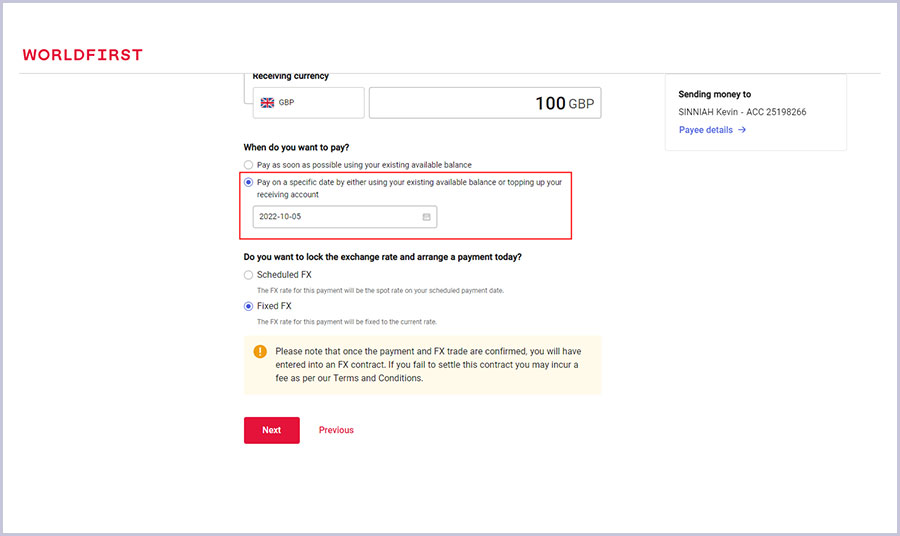When it comes to managing finances for a business, one of the most tantalizing questions that entrepreneurs often find themselves pondering is, “Can I withdraw cash from my business account?” While this may seem like a straightforward inquiry, the answer is nuanced and influenced by various factors including business structure, taxation, and corporate governance. This article delves into the complexities surrounding cash withdrawals from business accounts, offering insights that go beyond surface-level understanding.
From the outset, it’s essential to delineate what “withdrawing cash from a business account” entails. For sole proprietors, accessing funds is typically straightforward. These entrepreneurs often view their business and personal finances as a singular entity, and thus can freely move money between their business account and personal account. This freedom, however, can be a double-edged sword when it comes to maintaining clear financial boundaries, potentially leading to complications during tax season.
Contrastingly, LLCs and corporations face different regulations and ramifications when contemplating cash withdrawals. Here, the distinction between personal and business assets becomes paramount. LLC owners, known as members, can take “draws,” while shareholders of corporations might receive dividends or salaries. With each transaction type comes a particular set of tax implications that must be meticulously considered. Failing to adhere to these regulations can result in dire consequences, including tax penalties or the loss of your limited liability status.
One might wonder why these regulations exist in the first place. The reasoning is multifaceted. First, the regulations ensure that business owners maintain a level of professionalism and accountability in their financial dealings. The purpose is also to protect creditors; if business owners are able to freely withdraw funds, they may not have sufficient resources to fulfill financial obligations to suppliers or employees. Thus, these safeguards are crucial in maintaining the integrity of the business ecosystem.
However, beyond regulations, there is an intrinsic fascination about the ability to withdraw cash from a business account. Many entrepreneurs yearn for the financial autonomy that comes with running their own operation, dreaming about the day they can realize profits. The idea of being able to dip into one’s business account evokes thoughts of success, empowerment, and ultimate liberation from the constraints of traditional employment. Yet, this romanticized notion can obscure the complexities involved in effectively managing business finances.
Understanding the procedures and regulations surrounding cash withdrawals is just one facet; effective financial management involves meticulous planning and strategic foresight. For example, business owners should consider how much cash is necessary for ongoing operations. Dipping too deeply into reserves can jeopardize day-to-day expenditures such as payroll, utilities, and vendor payments. A prudent strategy would involve maintaining a healthy balance between withdrawing cash for personal use and ensuring that the business remains liquid enough to meet its obligations.
Moreover, it’s vital to explore the tax ramifications associated with cash withdrawals. Sole proprietors might not face immediate tax consequences with personal draws, but corporate owners need to be acutely aware of how distributions may be taxed as dividends or salaries. The IRS has specific guidelines on this, implying that any cash received should be documented accurately to avoid complications during audits. Thus, consulting with a financial professional to navigate these intricacies can provide invaluable clarity. A tax advisor can illuminate the path, helping you comprehend the confection of regulations and ramifications tied to each type of withdrawal.
Another element to consider is the potential impact on creditworthiness and future investment. Some business owners may be tempted to withdraw large sums as soon as profits materialize, but this practice can negatively affect the overall financial health of the business. Capital reserves are often crucial for attracting investors or securing loans. Lenders and investors scrutinize balance sheets closely; they prefer seeing robust liquidity and capital reserves, painting a picture of stability and growth potential.
For those contemplating cash withdrawals, communication is key. If you’re part of a partnership or ownership structure, discussing cash distributions openly with fellow stakeholders fosters transparency and trust. Establishing clear policies surrounding withdrawals can prevent future disagreements and ensure that everyone remains aligned with the company’s financial strategy. A well-defined withdrawal policy serves as the backbone for coherent financial management, echoing the values of professionalism and accountability.
In summary, while the question of whether you can withdraw cash from your business account might seem deceptively simple, it carries a plethora of implications worth exploring. Understanding the nuances that differentiate business structures, the tax ramifications, and the implications on cash flow and creditworthiness are all essential components of the equation. Ultimately, while the allure of quick access to cash can be intoxicating, it’s imperative to approach the matter with an informed perspective. Balancing personal needs with the long-term health of the business is not just a financial endeavor but an odyssey of its own. A careful, considered approach will illuminate the way forward, ensuring that business owners can enjoy their gains without jeopardizing the very operations that enable their financial freedom.
